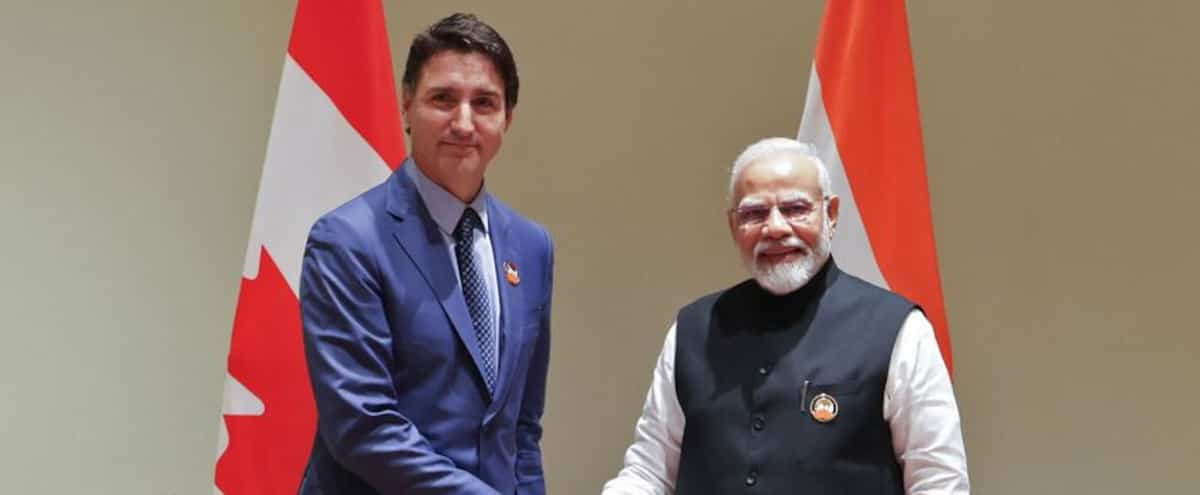Regardless of the long-term consequences for Canada, the Liberals are willing to do anything in the short term if it helps them politically. A casual approach that can have serious consequences.
After a summer of drowsiness and torpor, the Liberals woke up the day before the parliamentary session began with 15% less support than Pierre Poilievre’s Conservatives. It would take a huge distraction to change the course of events, and Justin Trudeau had one carefully kept up his sleeve for the occasion.
Trudeau hit the panic button and dropped a bombshell with huge implications.
He appeared in the House of Commons and announced in his most theatrical tone that the Indian government had been involved in the murder of a Canadian citizen on Canadian soil.
So that we understand each other. Justin Trudeau did not receive this information that same morning. He’d had it for weeks. He knew that one of the effects of a bomb was to suck out all the oxygen around it.
In this case, he monopolized every microphone and camera for what promised to be a difficult back-to-school day.
- Listen to the live broadcast of the Lisée Mulcair meeting with Richard Martineau daily at 8:50 a.m. above QUB radio :
Primarily a partisan calculation
Trudeau managed to largely, but not completely, wipe out the opposition parties. Pierre Poilievre managed to ask a question as simple as it is relevant: do you have evidence for what you say?
There is a tradition in Ottawa. An opposition leader is appointed as a member of the Privy Council. I benefited from it under Stephen Harper.
There are institutional and practical reasons for this.
After being sworn in, a prime minister can share state secrets with the leader of the opposition, and the secrecy of the Privy Council comes into play. This is good for democracy. Trudeau should have followed this tradition with Poilievre, who is still a member of the Privy Council because he was once a federal minister.
The fact that he did not inform him beforehand is another indication that Trudeau’s departure on Monday was primarily a partisan calculation and not a state issue.
Trudeau international
The Trudeau government is struggling to manage Canada. A massive increase in bureaucrats and out-of-control budgets have not changed the fact that public administration in this country is abysmal.
It is a prime minister’s job to be our voice internationally, and Trudeau is making good progress in this regard.
- Listen to the live broadcast of the Lisée Mulcair meeting with Richard Martineau daily at 8:50 a.m. above QUB radio :
Adored on the world stage, he was treated like a bona fide rock star early in his tenure. Eight years later, he is now one of the senior players at every G-20 or G-7 meeting.
But personality issues aside, Canada has as much difficulty managing its international affairs as anything else.
I have no doubt that Trudeau received information from our security services that substantiates these serious allegations.
Our relationship with India, this critically important country to our economy, risks being jeopardized if we do not provide this evidence quickly.
The burden now falls on Trudeau.


